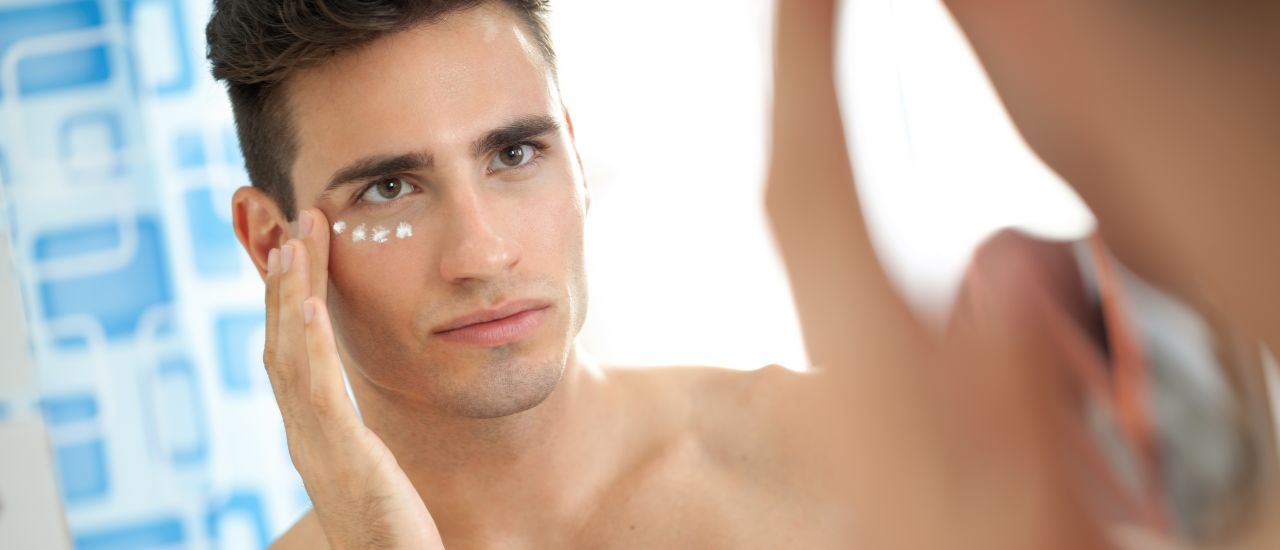From acne and age spots to stretch marks and everything else in between, our skin has it all. It is the largest organ in the body, so there’s obviously a lot to say about it, and we’re just scratching the surface with these 10 skin-tingling facts!
1. The bulk of your skin – around 75% – is made up of collagen, a protein. Collagen is often referred to as the “fountain of youth”, because it’s responsible for fighting wrinkles, fine lines and premature ageing. Over time, environmental factors and the natural ageing process slows down your body’s ability to produce collagen.
2. The best way to cleanse and refresh your skin is with a quick splash of warm (not hot!) water. Long steamy showers, no matter how hot or cold it is outside, aren’t great for your skin – they leave it feeling dry and hot water strips all the natural oils from your skin. Our advice? Keep your bath and shower water lukewarm – protect your skin and you’ll be saving on water and electricity too!
3. If you battle with eczema, avoid using harsh soap and stick to soap-free cleansers and fragrance-free moisturisers. If you’re not sure what products you should be using, speak to your pharmacist for the advice you need.
4. Acne is the most common skin condition in the world, and most people experience breakouts or acne at some point in their lives. It’s not just something that teenagers deal with, though – a lot of adults also battle with hormonal breakouts.
5. Antihistamines are used to soothe itchy skin and bites, but how do they work? In short, they block the chemical reaction process in your skin that’s been triggered by an irritant.
6. Ringworm isn’t a worm at all, it’s a fungal infection that causes an itchy, scaly rash on the skin. It’s often passed on from young animals, particularly kittens, to humans. It’s not serious though, and it’s easily treated with over-the-counter anti-fungal medication.
7. Environmental factors aside, what else causes dry skin? Certain medications, for example: diuretics prescribed for high blood pressure, antihistamines prescribed for allergies, and retinoids prescribed for acne are all medications which have been linked to dry skin.
8. High SPF sunscreen is your skin’s first line of defence against wrinkles, and applying it religiously every morning (come rain or sun), will go a long way towards slowing down the signs of ageing. Today’s sunscreens aren’t what they used to be, and they’re now available for all skin types – even if you’re acne prone.
Joanne Hart for HelloDoctor.com

